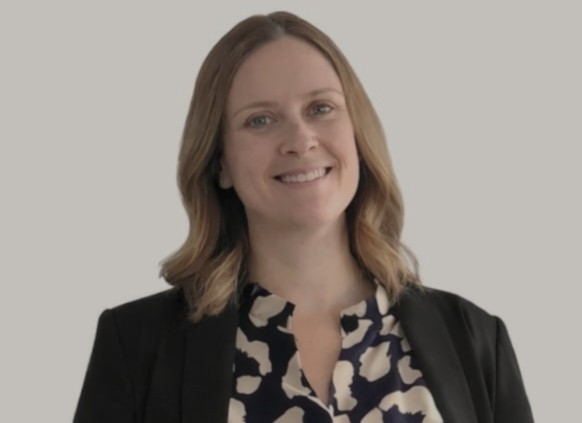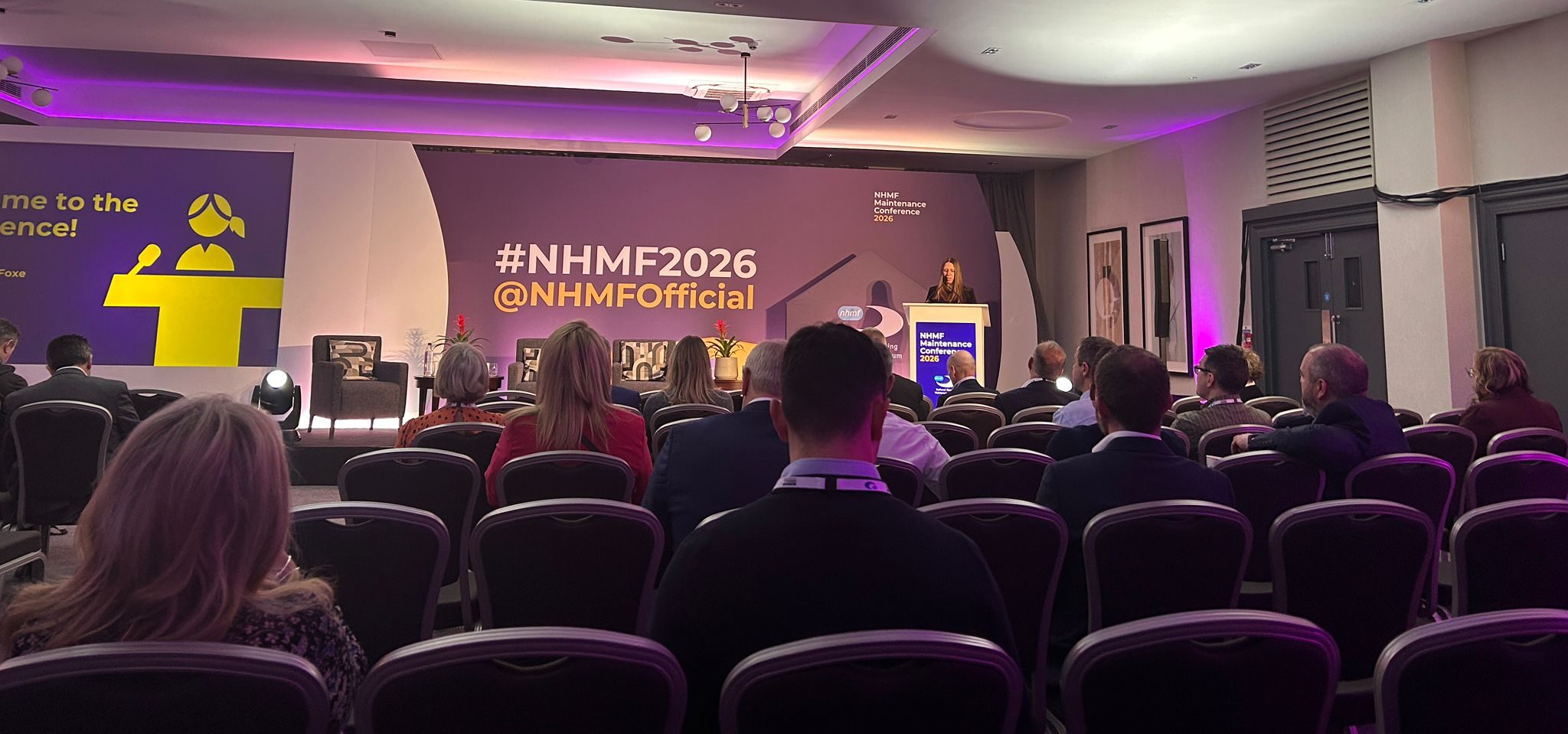Supporting the successful delivery of Warm Homes: Social Housing Fund projects
Following the Government’s announcement confirming Wave 3 of the Social Housing Decarbonisation Fund – now renamed Warm Homes: Social Housing Fund – we take a closer look at the potential role of the GFP Decarbonisation Delivery framework in getting projects off the ground. Our Head of Marketing & Comms Michelle Gordon puts some questions to Echelon Group CEO Mathew Baxter about how the framework can support with the successful delivery of projects funded through the scheme.

Q: Are you pleased that the Government has announced the next wave of funding under the Warm Homes: Social Housing Fund?
A: This is great news for the sector. It reinforces the new Government’s commitment to supporting the social housing sector in delivering this vital area of work to improve energy efficiency of buildings and positively impact on tenants’ lives.
Q: When was the framework launched and what was the initial concept?
A: Greener Futures Partnership (GFP) is a consortium of five leading housing providers (Anchor, Abri, Home Group, Hyde and Sanctuary) who pooled resources to collaborate on all aspects of decarbonisation and to jointly bid for SHDF funding to improve the energy efficiency and affordability of their combined stock.
GFP approached Echelon Consultancy in mid-2022 to explore the idea of procuring a national framework for the delivery of both consultancy and construction works to enable GFP members to deliver their funding as well as providing a framework that could be accessed by other housing providers to enable them to deliver works and services.
The framework launched in May 2023, so we have recently celebrated its first anniversary.

Mathew Baxter
Q: I recall there was a significant amount of market engagement in the procurement process. Tell me more about this.
A: Yes, that’s right. Following a couple of scoping sessions with the GFP members we collectively developed a broad outline of what the framework might look like but were really keen to test this prior to commencing the procurement. We held an interactive workshop with potential suppliers in London in October 2022. The event was attended by 78 suppliers, with presentations from all 5 GFP members (and a representative from the then BEIS), and the consultation changed our position on several initial thoughts, including the lot structure and Lot value bands for SMEs. The majority of those present also went on to bid for the work, so it was a really successful event.
Q: How many suppliers are there on the framework?
A: The Framework, which covers England and Wales, has three Lots, one for SME contractors, one for larger contractors and one for consultants, with five regional Sub-Lots in each area. The Lot structure has worked really well, and we have 39 suppliers in total.
There is a separate parallel framework for Scotland.
Q: How successful has the framework been to date?
A: We have been incredibly pleased with how well the framework has performed to date. As well as active use by the five GFP members we currently have 32 external users and there is £99m of work/services on site. A further 15 projects, with a value of £88.5m have been awarded and are being mobilised. There are also nine further projects currently being called-off, with a value circa £60m.
Q: Why do you think the framework works so well?
The primary reason is the massive effort put into the design of the specifications and commercial models by all five GFP members and the Echelon team. All five GFP members actively use the framework and there is high level of flexibility in how framework users can access the various works and services available.
The framework is also expertly managed by dedicated resources within the Pretium team, providing a “hands-on” experience to new users, and the fees for delivering projects through the framework are very competitive, making it a cost-effective procurement route.
Q: What lessons have been learned?
We recently invited the five GFP partners and all of the framework suppliers to a “lessons learned” workshop. The event was preceded by an anonymous survey of all the service providers to ascertain their views on the framework and also some of the wider issues relating to decarbonisation. We will be publishing a short paper on the outcome of the event shortly, but a few of the key takeaways included that 92% of suppliers on the framework have been invited to provide works/services and that suppliers are more concerned about clients’ readiness than they are resources (no suppliers indicated that they were at 100% capacity, with 31% saying they could take on an additional 0-25% volume and 46% stating 25-50%).
Q: How can people find out more about the framework?
You can visit our dedicated framework page on this website, or email gfp@pretium.co.uk







